What to pack for Fiji
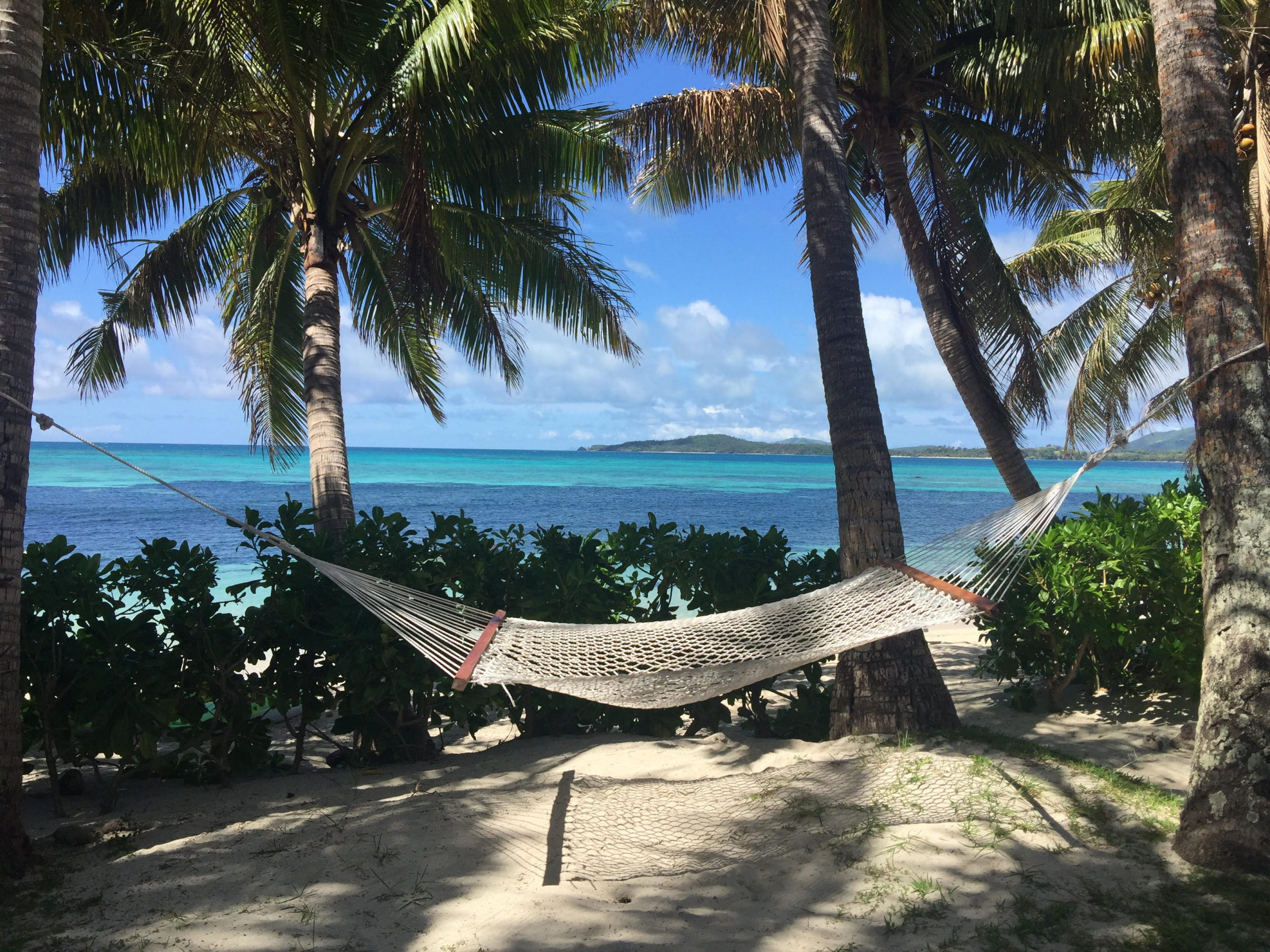
There were some essential things I was so happy I packed for 2 weeks in the Yasawa Islands, as well as some things I wish I had packed!
These are my recommendations for you.
1. Filtered water bottle
This is the most important item I wish I had brought.
My resort used a rainwater tank which collected runoff from the main building’s roof. This means any bird surprises are getting washed in, then it sits in the tropical heat all day.
You can buy bottled water, but I decided I was going to drink the tank water and just accept I was on an island. The water was clear and had no smell. I did get stomach problems, most likely from bacteria. A filtered water bottle would have been a great solution. If you have one, pack it!
Some people bought as much water in Nadi as they could carry to bring to the islands. In Nadi a 1.5L bottle of water is $3-4 FJD. In the Yasawa Islands it’s $6 FJD. Purification drops or tablets are another option.
For my last few days in Fiji I bought bottled water to give my guts a break. I also realised the resort was serving hot water in a large thermos for guests to make tea and coffee, so I preferred this boiled water instead of directly from the tank.
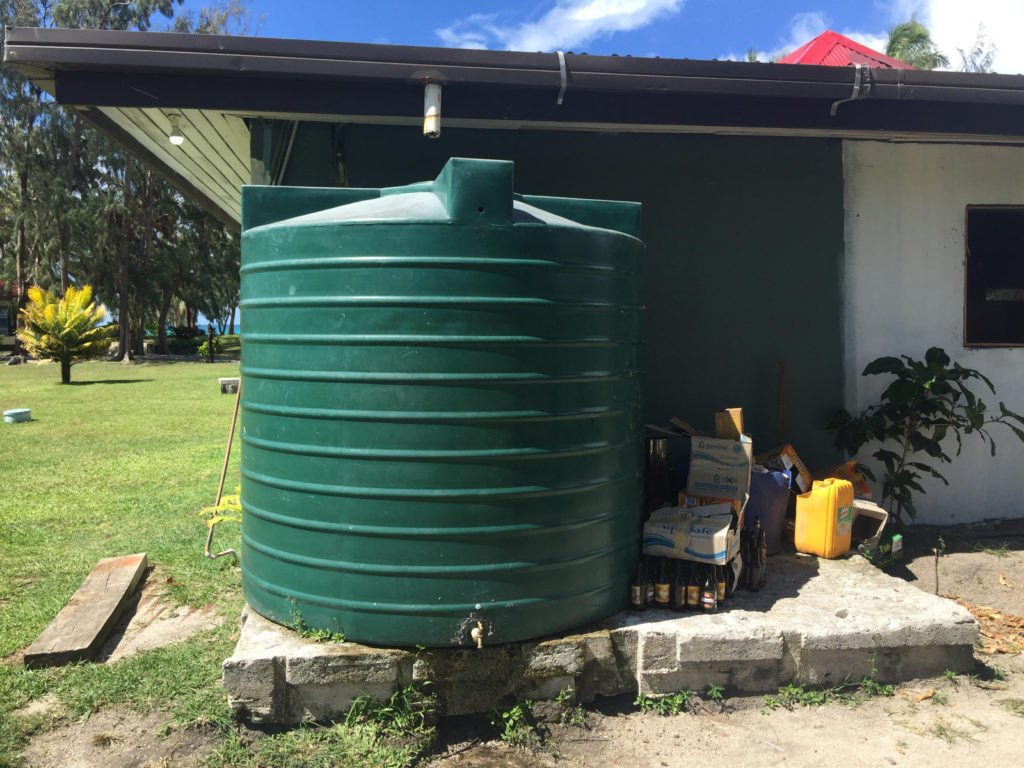
2. Zinc and sun-cream
I hate to get sunburnt, I’m worried about the long term damage it may be doing. I’m glad I had high quality sun-cream and zinc from Australia that I could rely on.
3. Hat
Sun safety is really important to me. I even wore my hat while snorkelling to protect my scalp and forehead.
4. Aloe vera
As much as I tried to protect my skin from the sun, I did eventually get burnt on the backs of my legs. I wish I’d had some aloe vera gel or something else soothing.
5. Reef-safe products
Some resorts may treat waste-water, but many places in the Yasawas have simple amenities. It’s best to assume anything you put on your body or that goes down the shower drain will end up in the ocean. Reef-safe products are a better choice for the environment, wherever you are.
6. Mask and snorkel
I brought my own mask and snorkel from home because I knew I wanted to go snorkelling every day, and I didn’t want the hassle of a mask that doesn’t fit properly. If you love snorkelling like me and you have your own mask, definitely bring it. But it’s easy to borrow them if you don’t have your own. Most resorts have snorkel gear available to hire, either for free or a small charge ($10 to $20 FJD).
If you’re travelling with children I would recommend buying some cheap child sized snorkel sets to bring with you. The resorts I stayed at didn’t have children’s masks, and the adult size is too big for little kid heads. The mask will fill up with water and your child will have to keep stopping to empty it.
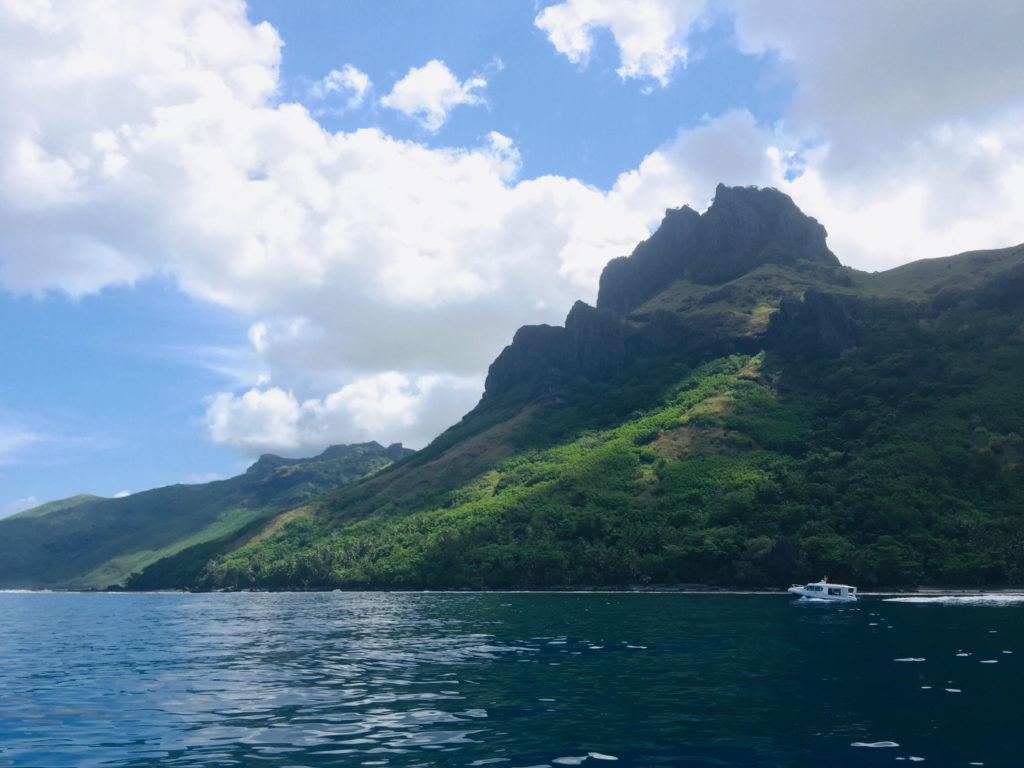
7. Fins
I didn’t bring fins because I thought I wouldn’t need them, but a lot of the reefs I went to had a strong current. You really do need the fins when the current is strong. I was able to borrow fins from my resorts for free.
If you are someone with very large feet, or you wear children’s sizes, you may like to bring your own fins if you have them, especially if you plan to snorkel every day and you want to be comfortable. If you don’t have any don’t worry, you’ll be able to make do with whatever the resort has.
8. Reef shoes
This is something I have wanted to buy for a while but haven’t yet. I have a very healthy fear of the ocean, and wearing reef shoes would give some peace of mind about stepping on anything sharp or poisonous.
9. Swimwear
I brought two swimsuits with me but only used one of them. The one I didn’t use was a long-sleeve bodysuit. I wanted to wear it to have better sun protection, but wearing the long-sleeves was just way too hot when I wasn’t in the water. It would have been better to pack a rash shirt that I could easily take off after swimming. I ended up wearing a t-shirt over my other swimmers as I swam to protect my back, and I could take it off after to avoid overheating.
10. Insect repellent
I would have liked to bring a natural insect repellent. Other people were using chemical sprays, but they still seemed to get bitten as much as I did even though I wasn’t using any repellent. I just tried to accept the inevitable mosquito bites as part of island life.

11. Spare toothbrush
Towards the end of my trip I noticed my brand new toothbrush had orange mould around the base of the bristles. All the humidity and heat made my toothbrush funky, so I wish I’d had a spare.
I also noticed the humidity affected other products, such as some biscuits and mints which became soft. If you were thinking of bringing make-up you may like to avoid packing your expensive powder products.
12. Tampons
Bring your own personal hygiene products from home. If you got caught short in Nadi I’m sure you could find at least some pads at a pharmacy. But out on the islands it may be difficult. Most islands don’t have any shops at all, or there may only be a very small supply store unlikely to have pads or tampons. Your best option is to ask a fellow traveller. I carry some spare so I can always help someone in need.
13. Medication
At some point in the islands you are going to be on a boat for at least a few hours. If you get seasick definitely be prepared with medication. You may also like to bring something for diarrhoea.
14. Special requirement foods
On the islands food can be limited to what is available. I saw a traveller with a bag of rolled oats, since they had Coeliac disease. She ate what she could from the resort’s meal and then supplemented it with oats so she wouldn’t be hungry. The resort was also very accommodating and swapped out foods where they could. But it’s a smart idea to bring something you know you can eat if you have any dietary restrictions.
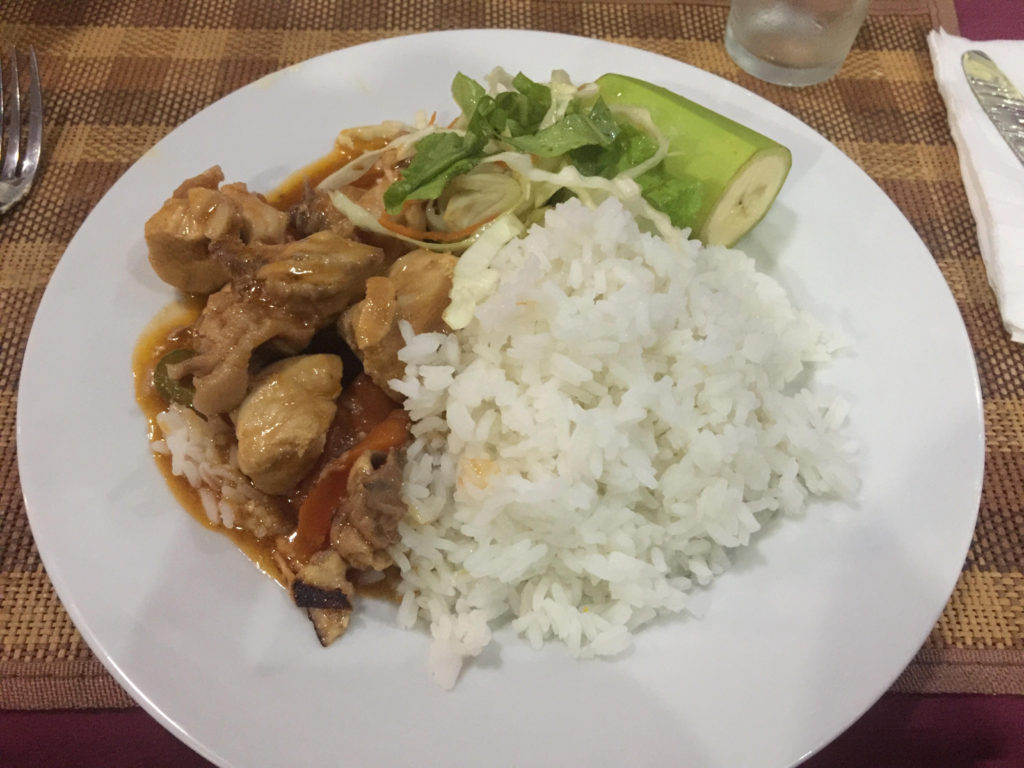
15. Runners
Walking trails can be steep and rugged, with grass roots sneaking across the track ready to trip you, loose sandy soil, and volcanic boulders to climb over.
16. T-Shirt
In Fiji it is polite to dress modestly by covering your chest and shoulders, and legs down to your knees. This applies to women and men. It’s especially important when walking through a local village or visiting a shop. Putting on a T-shirt is all it takes.
17. Sarong
In Nadi I bought two sarongs which I used throughout my trip. They helped me to cover my legs for modesty in the village, protected my shoulders from the sun while on boats, and I even tied a sarong to a kayak like a rope so I could tug it with me while I snorkelled in deeper water.
18. Small gifts
Some travellers brought toys and treats for local children. At the resorts you don’t have to bring gifts. Children really enjoy spending time with you playing games, which is what I preferred to do. If you are staying at a homestay though it would be nice for you to bring something, they will really appreciate chocolate, and card or board games that can be played as a group.
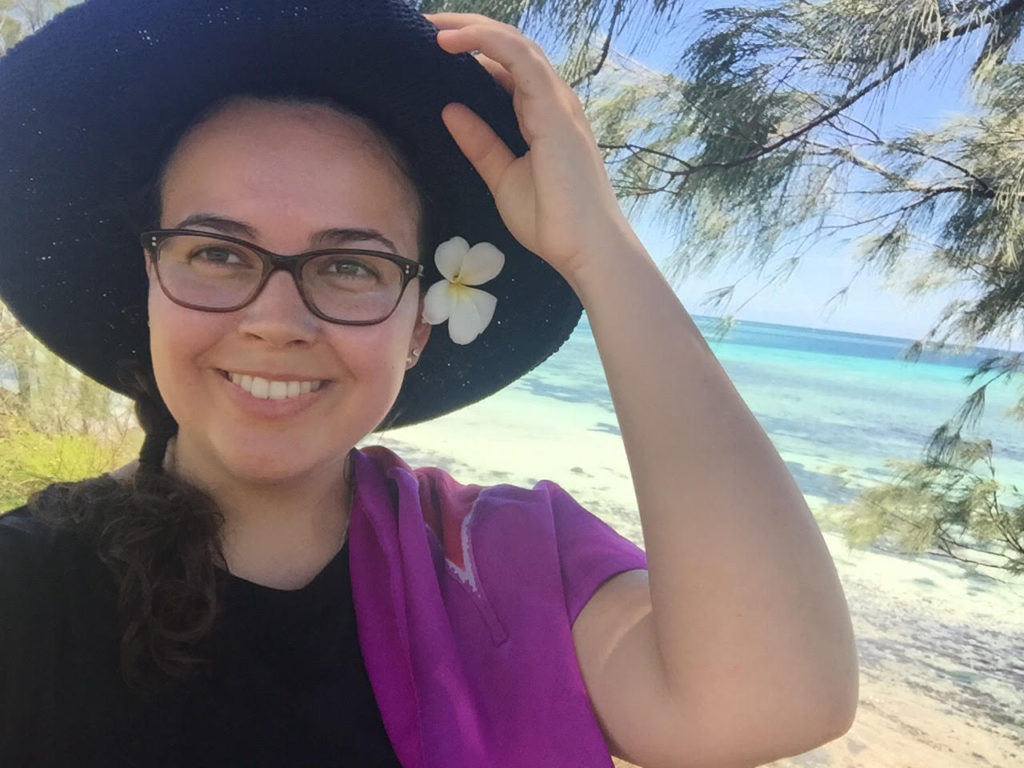
More about Fiji
All the photos in this article are my own, including the incredible featured image at the top which was taken at Safe Landing Resort, Nacula.